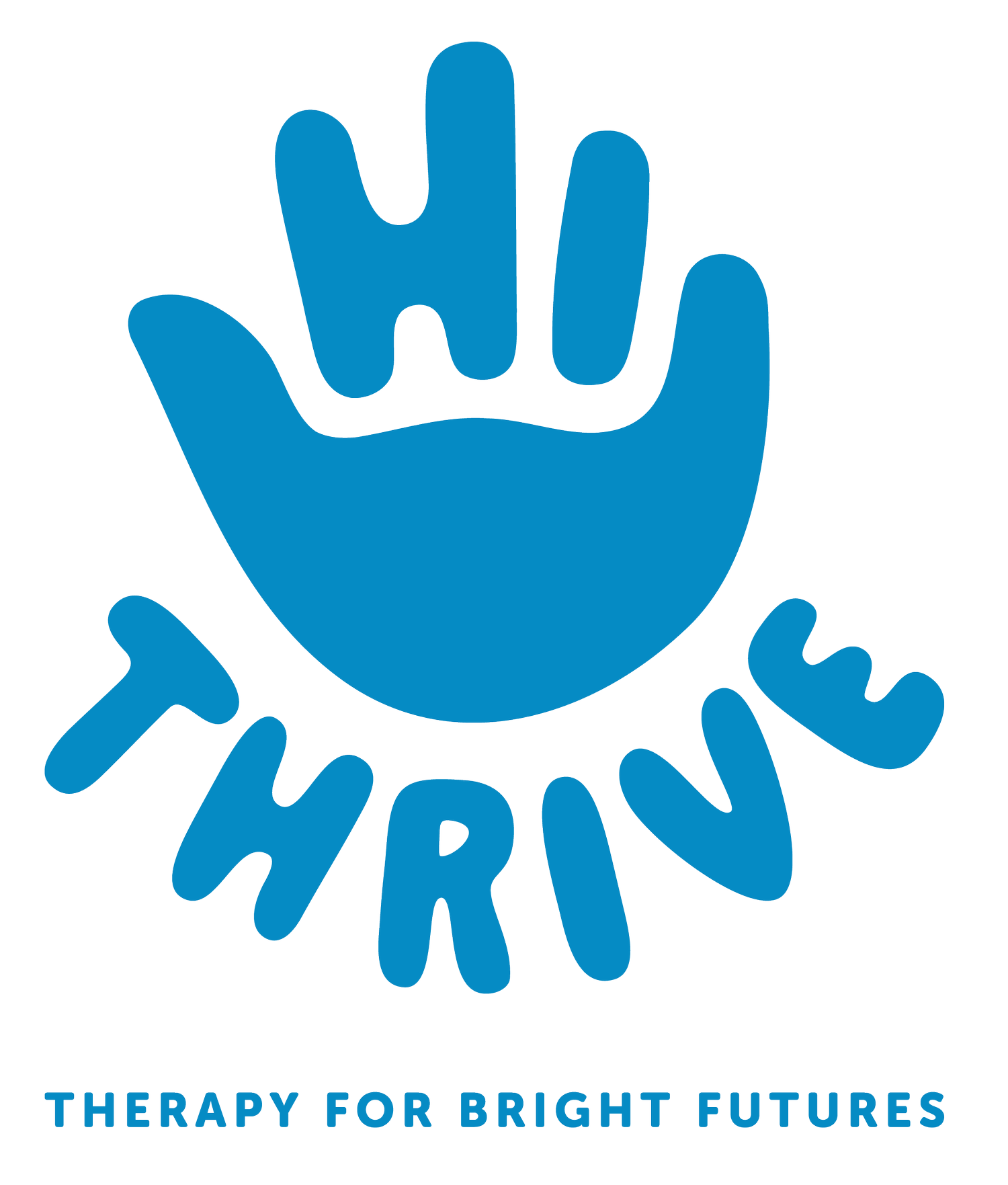Do You Need a Diagnosis to Access the NDIS in 2025? Not Always.
Let’s bust a big, messy myth right up front:
You do not need a formal diagnosis to access the NDIS.
Not always. Not even most of the time.
But (and this is a frustrating but): the system still often behaves as if you do. And that’s where so many families get stuck, misinformed, and left out.
We’re here to clear the air — with warmth, honesty, and zero legal jargon.
If Your Child is Under 6 — You Don’t Need a Diagnosis
This one’s really important, so let’s say it again, louder for the parents in the back:
If your child is under 6, they do not need a medical diagnosis to access support through the NDIS early childhood pathway.
If you’re noticing delays in how your child moves, plays, talks, socialises, or takes care of themselves compared to other kids their age — trust your gut. The first step is to talk to someone who knows your child well. That could be:
Your GP
Your child’s kinder teacher or early childhood educator
A maternal child health nurse
If they agree there’s reason to look deeper, they can help you get in touch with the NDIS’s early childhood partners. These professionals are there to guide you — whether you end up needing NDIS funding or not.
And here’s the magic part:
You don’t need to wait for a diagnosis
You don’t need to pay for private assessments
You don’t need to go it alone
You just need to show there are functional concerns — delays or differences in how your child is developing — and a desire to get them the right support, early.
That’s it.
What the Law Says (Spoiler: It’s Not All About the Label)
The Federal Court has been very clear (thank you, Davis v NDIA [2022]):
The NDIS is not about what your child’s diagnosis is (or isn’t).
It’s about the impact of their challenges on everyday life — and whether they’re likely to need ongoing support.
Even for older kids (age 7 and up), it’s functional capacity that matters, not what’s written in a doctor’s report.
Why Do So Many People Still Think You Need a Diagnosis?
Honestly? Because the system can be confusing and inconsistent. In practice, having a diagnosis like Level 2 or 3 Autism, Global Developmental Delay, or Intellectual Disability can make things faster or smoother — especially for families navigating complex systems, or applying without support.
But here’s the truth: it’s not a legal requirement.
And families without those resources shouldn’t be left behind.
What You Actually Need to Show
Whether your child is 2 or 12, here’s what the NDIA really wants to see:
That your child has impairments (not just a delay or tricky behaviour)
That those impairments are likely to be permanent
That they affect how your child communicates, learns, plays, socialises, moves, or manages daily life
That they’ll need support on an ongoing basis
You can show this with observations from teachers, reports from therapists, or just a clear story about how your child functions day-to-day. No gold-plated medical certificate needed.
Bottom Line (As of August 2025)
Children under 6? No diagnosis needed. Just concerns + a supportive professional + functional impact = access to help.
Children over 6? Still no required diagnosis, but you’ll need to show permanent, substantial impact in key areas of functioning.
The focus is on function, not labels.
At Hi Thrive, we’ve helped hundreds of families navigate this journey. We’re not just here for therapy — we’re here for the you’ve-just-been-given-a-form-and-don’t-know-what-it-means moments too.
Need Support?
If you’re feeling unsure, overwhelmed, or stuck in a loop of waitlists and forms — reach out. We’re kind humans who know the system, and we love helping families figure out the next step.
Because every child deserves to thrive — not just the ones with a diagnosis.
